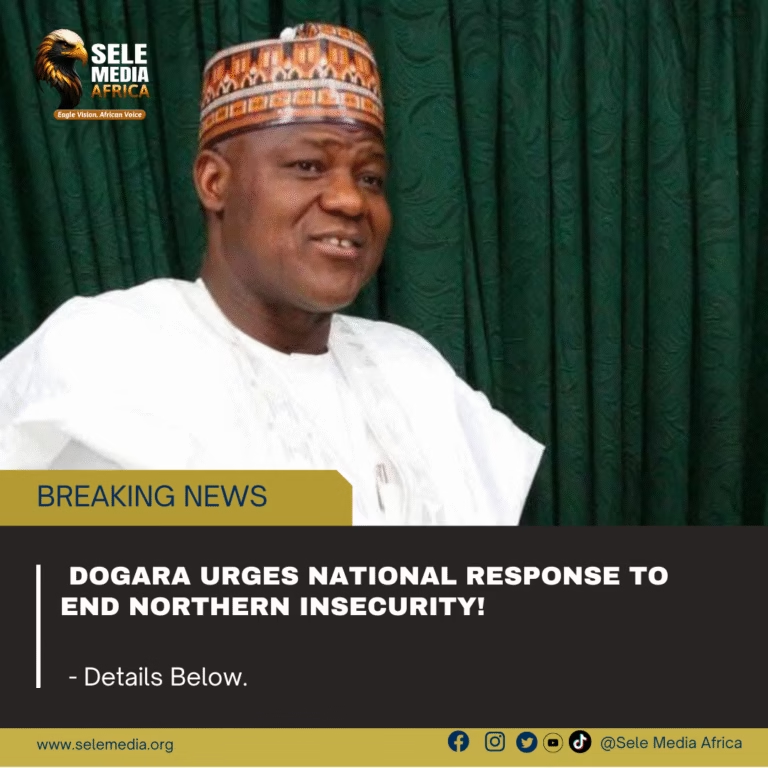
Sele Media Africa | Reported by Suzan Daniel
In a dramatic escalation of youth-led protests, Nepal’s Parliament building was set ablaze as part of a nationwide uprising spearheaded by Generation Z demonstrators. The unrest, which has persisted for 36 hours, culminated in the resignation of Prime Minister K.P. Sharma Oli.
The protests were initially triggered by the government’s ban on 26 social media platforms, including Facebook, X (formerly Twitter), and YouTube, citing concerns over misinformation and hate speech. However, the ban was perceived by many, especially the youth, as an infringement on freedom of expression, leading to widespread demonstrations across the country [1] .
As the protests intensified, demonstrators stormed and set fire to the Parliament building, as well as the residences of several prominent politicians, including Prime Minister Oli’s private home in Balkot [2] . The government’s response involved imposing curfews and deploying security forces, but these measures failed to quell the unrest.
The situation escalated further when police opened fire on protesters, resulting in at least 19 deaths and over 400 injuries [3] . The violence and mounting pressure led to the resignation of Prime Minister Oli, who had been in office for just over a year [4] .
The protests have been characterized by a decentralized leadership structure, with many young people expressing frustration over government corruption, economic stagnation, and lack of opportunities. The movement has also gained support from Kathmandu Mayor Balendra Shah, a rapper-turned-politician, who has emerged as a prominent figure among the youth [5] .
The developments in Nepal have resonated beyond its borders, with youth movements in other countries, including Kenya, taking note of the power of organized, peaceful protest in effecting political change.
As Nepal navigates this period of political upheaval, the international community watches closely, hopeful for a peaceful resolution and a more inclusive, transparent governance structure moving forward.
About The Author
Discover more from Sele Media Africa
Subscribe to get the latest posts sent to your email.





